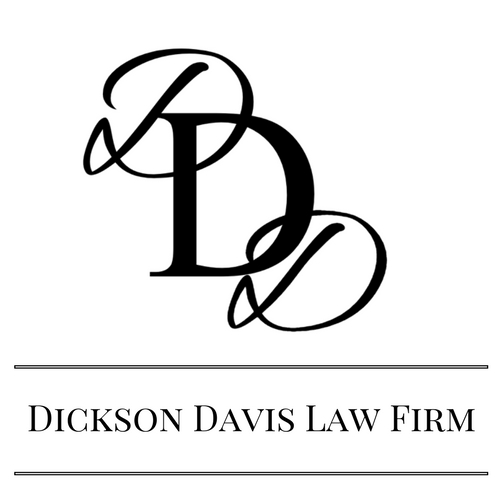Why does Personal Injury matter?
Because, Personal Injury is a gap-filler in between criminal law and contract law on opposing sides of the spectrum in legal theory. Under contract law, you can get insurance to protect yourself from getting injured or harmed in some foreseeable way. In a contract, two people voluntarily enter into an agreement whereby an exchange occurs (or a transaction) between two people based on what both parties are willing to accept the foreseeable risks of that transaction (or set disclaimers to limit those foreseeable risks) according to the terms of the deal.
Under criminal law, you get injured or harmed by someone acting in an unreasonable manner that falls below the minimal standard of conduct as defined by crimes. A crime, as defined by a criminal statute, is simply the social expression of what society defines as conduct that falls below the standard of minimal conduct to which individuals in that society are expected to follow and conform. Hence, a crime is characterized as an involuntary transaction because society does not want anyone acting in that particular manner as prohibited conduct.
Under tort law, you get injured or harmed by someone acting in an unreasonable manner; but, that person may not have necessarily committed a crime. A tort, as defined either by statute or common law, is also the social expression of what society defines as conduct that falls below the standard of conduct to which a reasonable person under similar circumstances would do or would not do. But, what is reasonable, and according to whom? How do you define reasonable?
This reasonable standard is the reasonable prudent person standard, which is a legal fiction based on how twelve people in a jury box (or a judge in a bench trial) would have acted or not acted standing in the shoes of the tortfeasor. The jury (or judge) determines what is reasonable based on their common life experiences and skills. Hence, what is reasonable is what the jury (or judge) finds as reasonable. And, that standard changes over time, with the composition of one jury to the next, or from one judge to the next, making the ability to protect yourself against those possible (or unforeseeable) injuries or harm very difficult. Basically, what is reasonable may very well be a wild card depending on the facts of the situation.
When you buy an insurance policy, you do not have a crystal ball to foresee or insure against all potential injury or harm you may face in the future. Simply put, bad things happen to good people. Sometimes, these incidents can devastate the injured person's life or cause serious financial hardships. Then what?
Get help from a Personal Injury attorney. Talk to at least three different attorneys. And, choose the attorney with whom you feel the most comfortable.

